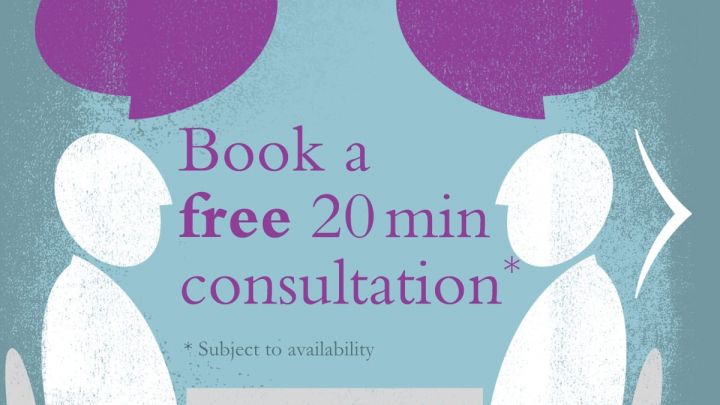
Can a Cohabitation Agreement Be Overturned
September 2025
For many couples who live together without marrying, a cohabitation agreement provides peace of mind. It sets out how property, finances, and responsibilities will be managed during the relationship and what happens if the couple separates. But an important question often asked is: can a cohabitation agreement be overturned?

This summary provides general information and does not constitute legal advice on any individual circumstances.
What Is a Cohabitation Agreement?
A cohabitation agreement is a written contract between two partners who live together but are not married or in a civil partnership. It records practical arrangements, such as who owns the home, how bills and mortgage payments will be shared, and what happens if the relationship ends.
Because there is no such thing as “common law marriage” in England and Wales, having a cohabitation agreement gives couples clarity and protection. But like any agreement, it must be properly prepared if it is to stand up to scrutiny.
When Can a Cohabitation Agreement Be Challenged?
A cohabitation agreement can be challenged, and in some cases overturned, if it is shown that it was not entered into fairly. For example, if one partner was pressured into signing, if important financial information was hidden, or if the terms are grossly unfair, the agreement may not be upheld by the court.
Agreements can also be challenged if they are out of date. Life changes such as having children, moving home, or changes in income can all make an agreement less relevant. If it no longer reflects the couple’s circumstances, it is more likely to be disputed.
The “Unbreakable Agreement” Myth
Some people believe that once a cohabitation agreement is signed, it can never be challenged. In England & Wales, this is not the case. An agreement can be overturned if it was signed under pressure, without full disclosure, or if it has become outdated and unfair.
Why Independent Legal Advice Matters
For a cohabitation agreement to carry weight, both partners should take independent legal advice before signing. This helps ensure that the agreement is fair, that both parties understand the terms, and that neither can later argue they did not know what they were agreeing to.
Making full financial disclosure is also essential. If one partner withholds information about their income, savings, or debts, the agreement could later be challenged on the basis that it was not entered into openly.
Keeping Agreements Up to Date
Even the best-drafted agreement needs to be reviewed from time to time. A document signed at the start of a relationship may no longer be suitable several years later, especially if children arrive or one partner gives up work to care for the family. Regularly reviewing and updating the agreement helps keep it fair and relevant, and makes it far less likely to be overturned.
So, Can It Be Overturned?
The short answer is yes — a cohabitation agreement can be overturned in certain circumstances. However, if it is properly prepared, with independent legal advice, full financial disclosure, and terms that are fair, the chances of this happening are greatly reduced. Couples who take these steps can rely on their agreement with far greater confidence.
How Can Fullers Help?
At Fullers Family Law, we understand that finding a solicitor that you feel understands your own specific situation can be a daunting task. So, you can book a free call back with us here.
We have also created a series of fixed-price consultation meetings with a full ‘no questions asked’ money-back guarantee' promise.
For an initial discussion and a no-obligation quote, get in touch with us today by simply calling us on 01234 371478, filling in the contact form below, or emailing us at enquiries@fullersfamilylaw.com and a member of our team will get back to you.

